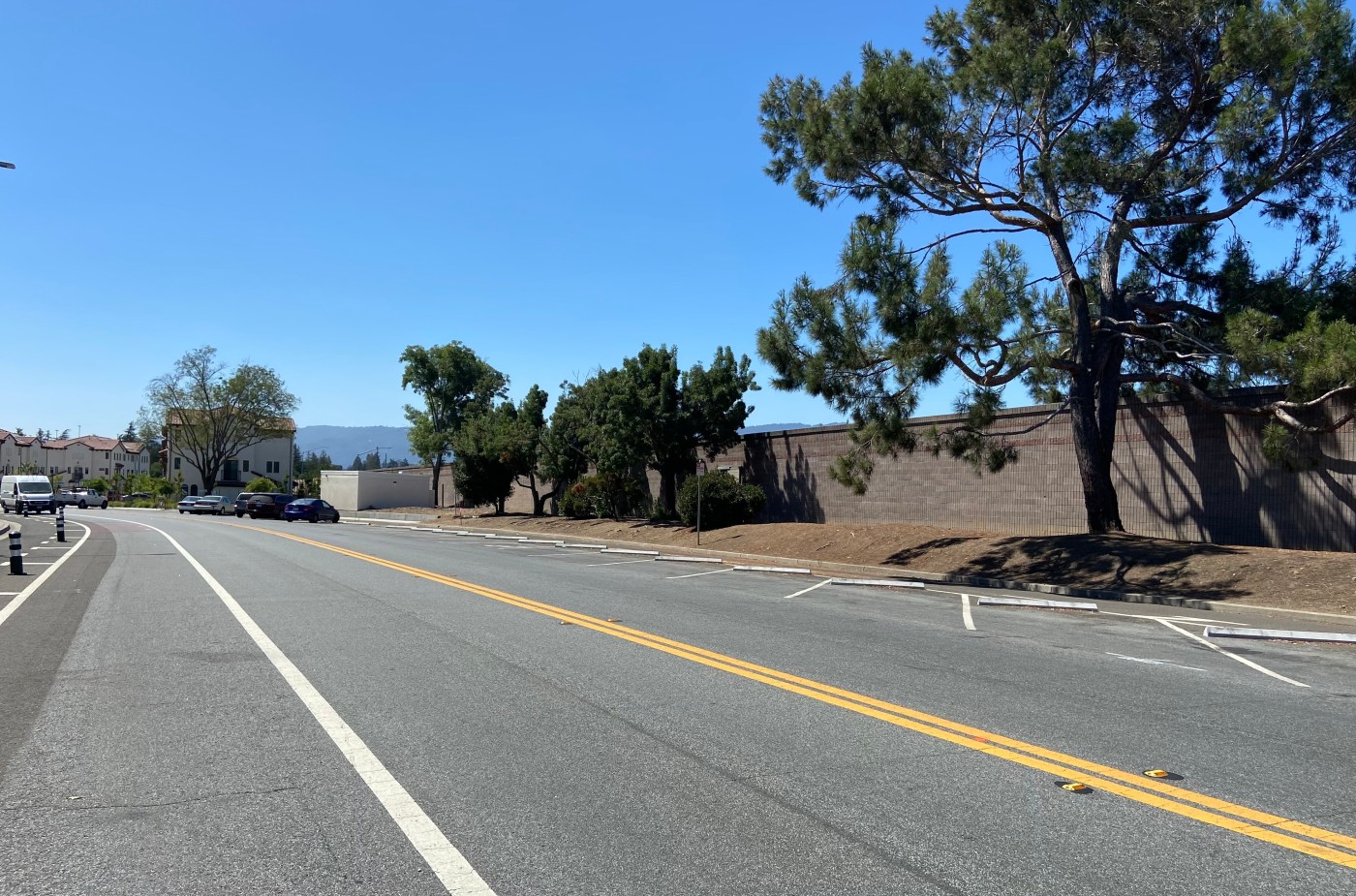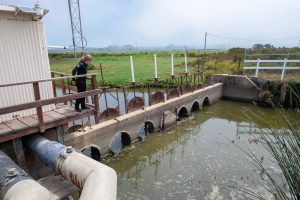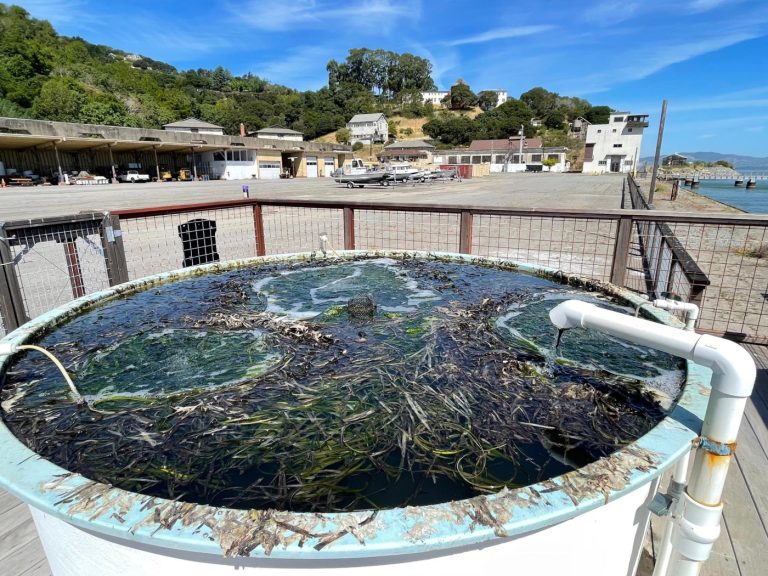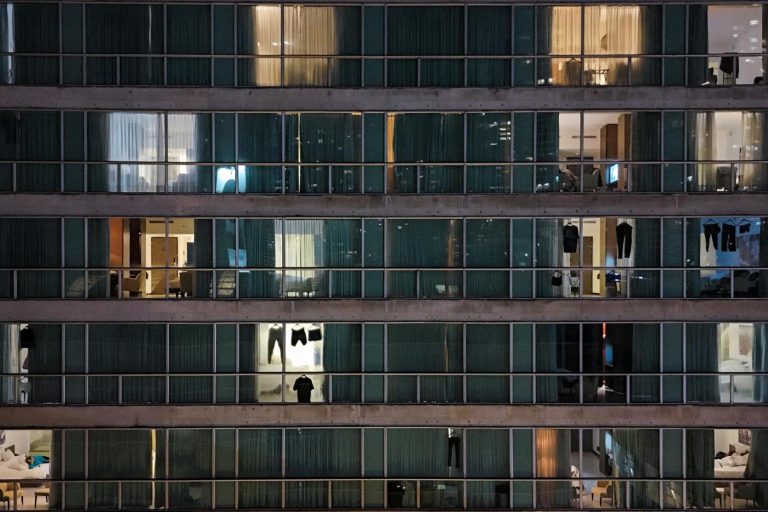CUPERTINO — In a first-of-its kind project, the city is preparing to build 40 new homes designated for low-income residents and those with developmental disabilities.
The project will be located along Mary Avenue next to Highway 85 on less than an acre of city-owned property. Half of the units will be set aside for adults and families with children who have such disabilities and the rest for those who make 50% or less of Santa Clara County’s area median income, which is around $184,300 a year for a family of four. A completion date has not been finalized.
The City Council needs to approve the property’s lease and any additional funding for the project before construction can begin, according to deputy city manager Tina Kapoor. The project will likely rely on multiple funding sources, including from the city, county and state.
“Land is expensive in Cupertino, and there is very little vacant land available for development,” Kapoor said. “This project is an opportunity to develop an underutilized, city-owned property to address a critical housing need for the community.”
People with developmental disabilities have an intellectual disability, epilepsy, cerebral palsy, autism and “conditions requiring services similar to those required for persons with intellectual disabilities,” according to the state. State data also reports that Cupertino is home to 325 people with such disabilities, of which 37% are adults.
The city is working alongside affordable housing developer Charities Housing, Ko Architects, local nonprofits Housing Choices for People with Developmental Disabilities, West Valley Community Services and Rotary Club of Cupertino Housing Corporation.
Housing Choices, a local nonprofit that partners with cities to create affordable housing for those with developmental disabilities, will provide case management and offer support services to the future tenants. Housing Choices offers similar apartments in several other Bay Area cities, including in Sunnyvale, Redwood City and East Palo Alto.
Related Articles
Bill would limit California homebuyer contracts to 3 months
The ‘A’ word: Affordability in housing has become a muddled term
Lawsuit: Opponents of $20 billion regional affordable housing bond say language is biased
Mortgage interest rates fall to lowest level in over a year
Are cheaper mortgages bad news for California’s housing market?
Spokesperson Gia Pham said the Mary Avenue project will especially help adults with developmental disabilities, who are often cared for by their aging parents and have limited options for independent housing.
“That’s why projects like these are important,” she said. “because it allows them to have the opportunity to live independently.”
Cupertino resident and disabled community advocate Janet Van Zoeren said she appreciates how convenient the location is to VTA bus stops along Stevens Creek and De Anza College. People who have developmental disabilities often times don’t drive or own a car, and rely on public transportation to get around, she said.
Van Zoeren, who has been advocating for decades to have the development built, said she is thrilled to have it approved.
“I’ve been trying to get this to happen for so long,” she said. “I’m just tickled that this is going to happen. It’s not going to meet the need but its a beginning.”
The Mary Avenue project follows a policy goal in the city’s Housing Element that encourages Cupertino to provide housing for people with disabilities. Cupertino needs to add more than 4,500 new homes by 2031 as part of its recently adopted Housing Element, or state-mandate blueprint that outlines how cities will add a specific number of homes at a range of price points.
The avenue is already the site of another recent affordable housing project, Westport Senior Apartments. The apartments bring 267 new homes to Cupertino on eight acres of land along Stevens Creek Boulevard, of which 179 units are dedicated for residents 62 and older.












